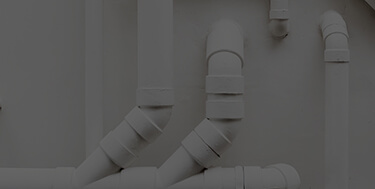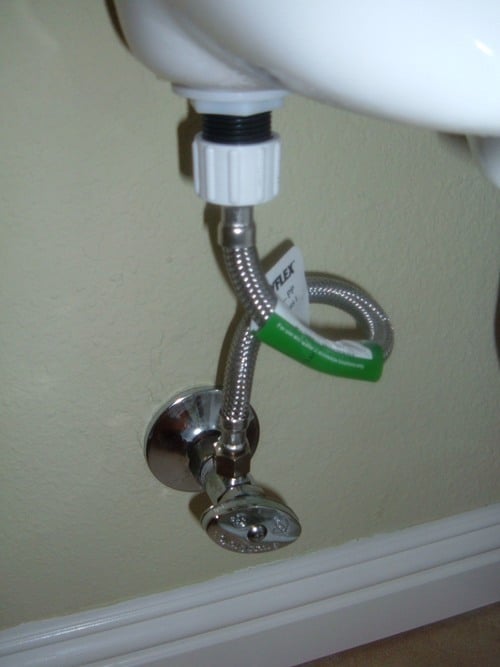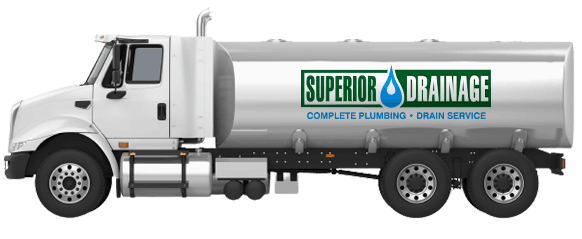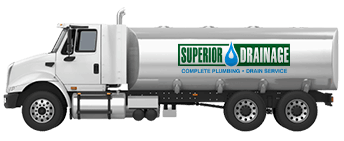
What To Do When Your Toilet Overflows?

Nothing is worse than an overflowing toilet. Watching that water rise up over the bowl and flood your bathroom without any way to stop it is quite unnerving. Some toilets will stop themselves from overflowing, but older toilets might have a hard time getting rid of the extra water when they’re clogged, and in that case, it’s important to know how to turn off the water to prevent further damage.
1. Do NOT Keep Flushing
It can be tempting to repeatedly flush a clogged toilet in order to force the blockage to clear, but this rarely works and can actually lead to an overflow and a wet bathroom floor.
2. Turn the Water Off
When it comes to an overflowing toilet, your best bet is to turn off the water to prevent further damage to your toilet and your bathroom floor.
-
Locate the Shut-Off Valve
It’s usually the line coming out of the wall behind the toilet. Turn it clockwise, but don’t force it. If you’re having trouble turning the valve because it’s rusted or because of hard water, try using a little lubricant like WD-40 to help grease it.
-
Pull the Float
If you have an older toilet, you may not have a shut-off valve. If that’s the case, you’ll need to take other measures to shut off the water. Pull the lid off the tank and find the float. It’s the rubber ball-looking container that floats on top of the water. Normally when you flush your toilet, the float bobs down with the water level setting off a chain reaction that opens the water valve inside the tank. In the case of flooding, you need to keep the float upright so the water doesn’t refill in the tank. Use a board or a wire hanger to keep the float upright and flush the toilet to empty it.
3. Shut Off the Main Water Line if Necessary
If the steps above don’t work, be prepared to shut off your main water line, which is normally located in the basement or in a crawl space.
5. Don’t Use Chemicals To Clear the Clog
It also might be tempting to flush Drano or other chemical products down the toilet to remove a clog. We recommend avoiding pouring anything else in the toilet once it’s clogged — you could have further clogging issues and chemical products such as Drano could damage your toilet.
Have More Questions? We Can Help!
At this point, you’ll need to do some troubleshooting. Is a clog the cause of the overflow? Did your sewer back up? If you honestly don’t know or aren’t sure how to fix it, request an appointment with your Superior Drainage experts or give us a call at 330-733-3711 so we can assess and fix the problem.
Request A Quote Today!
Request A Quote


Treating You with Respect
We set the bar high by treating our customers the way we’d want to be treated. When you work with Superior Drainage, you get:
- Free estimates
- Convenient service windows
- Straightforward pricing
- Comprehensive service offerings
- And more!


